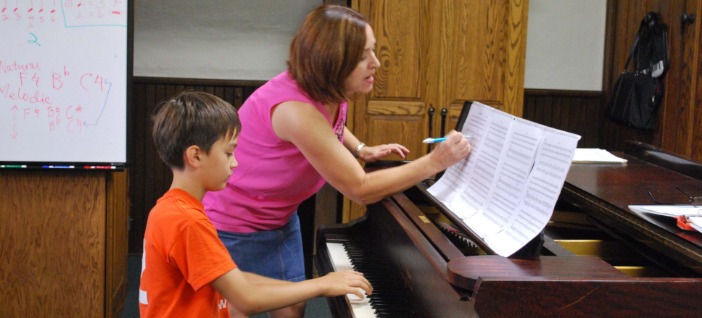Music is a universal language that transcends barriers, and for children with autism, it can be an incredibly powerful tool for communication, expression, and personal growth. Learning to play the piano provides unique benefits tailored to the needs of autistic individuals. Let’s explore how piano lessons for autism can make a significant difference.
Why Choose Piano Lessons?
The benefits of piano lessons extend beyond simply learning how to play music. Here are some reasons why piano lessons are particularly advantageous for children with autism:
- Structure and Routine: Piano lessons offer a consistent and predictable structure, which is vital for children with autism who thrive on routine.
- Fine Motor Skills: Playing the piano helps to develop fine motor skills and hand-eye coordination.
- Emotional Expression: Music provides an outlet for emotional expression, which can be challenging for those on the autism spectrum.
- Enhancing Focus: Learning to play an instrument requires concentration and can improve attention span over time.
- Social Interaction: Piano lessons often involve interaction with an instructor and peers, fostering social skills.
Tips for a Successful Experience
To ensure that piano lessons are effective and enjoyable, consider the following tips:
- Choose the Right Instructor: Look for a piano teacher who has experience working with children with autism and understands their unique needs.
- Customized Lesson Plans: Ensure the lessons are tailored to the individual’s pace and learning style.
- Incorporate Interests: Use the child’s favorite songs or themes to keep them engaged and motivated.
- Positive Reinforcement: Utilize positive reinforcement to build confidence and encourage progress.
- Frequent Breaks: Allowing for short breaks can prevent overstimulation and keep the learner focused.
FAQs About Piano Lessons for Autism
- Q: What age should a child start taking piano lessons?
- A: While it’s generally recommended to start piano lessons around age 5-6, children with autism can benefit at any age with the right approach.
- Q: How long should each piano lesson be?
- A: Lesson duration can vary, but starting with shorter sessions (15-30 minutes) can be effective, gradually increasing as the child’s focus improves.
- Q: Can online piano lessons be effective for children with autism?
- A: Yes, online lessons can be effective, especially with the flexibility to create a comfortable learning environment at home.
- Q: How can parents support their child’s learning?
- A: Parents can support by encouraging practice, celebrating achievements, and communicating with the instructor about any challenges or progress.
Read more about Piano lessons for Special Needs here.
Conclusion
Piano lessons offer a wealth of benefits for children with autism, from improving motor skills to fostering emotional and social growth. With the right approach and support, these lessons can be a gateway to a fulfilling and enriching musical journey. Whether through in-person or online sessions, the world of piano music awaits, providing a harmonious path to development and joy.
